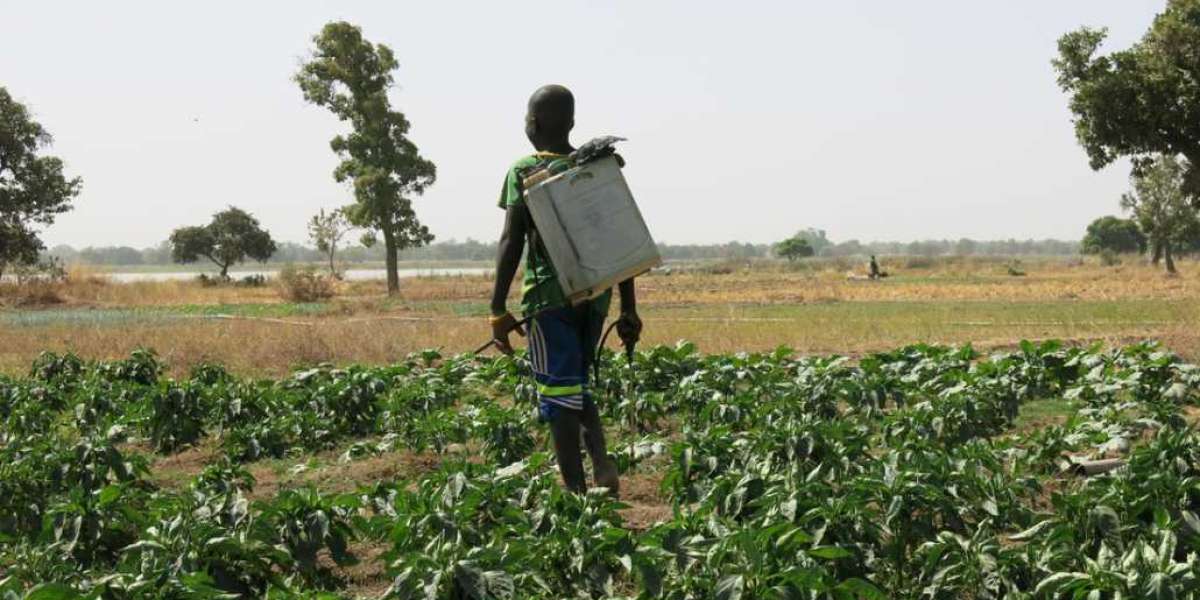The proposed Nigeria Tax Bill 2024, one of the four major legislations sponsored by the Presidential Fiscal Policy and Tax Reforms team led by Taiwo Oyedele, represents a significant overhaul of the country’s tax framework. It consolidates over 11 disparate tax laws including the Value Added Tax Act, Stamp Duty Act, Company Income Tax Act and Personal Income Tax Act into a unified, streamlined bill. This reform offers opportunities for advancing Nigeria’s green growth agenda by its potential to promote socio-economic development in the country, facilitate private-sector climate financing, and incentivise investments in green sectors – renewable energy, agriculture, and waste management. However, certain provisions may inadvertently counteract these objectives. This article briefly evaluates key aspects of the Act, highlighting their potential to impact Nigeria’s green growth efforts.
- Socio-economic Impacts
The Nigerian Tax Bill 2024 introduces reforms aimed at reducing poverty and income inequality, boosting trade, and supporting small businesses:
Relief for Low-Income Earners and Households:
The Bill exempts minimum wage earners from PAYE (personal income tax) and reduces the tax burden for over 90% of workers in the private and public sectors. Additionally, essential goods and services—including food, education, healthcare, rent, public transportation, and renewable energy—will either attract 0% VAT or be exempted entirely. This is a significant relief for low-income households that represent the more than 60% of Nigerians living in multidimensional poverty that often spend nearly all or all their income on these necessities. Moreover, as luxury goods are subjected to taxes and income nets of over N50 million are also subject to up to 25% tax, the Bill is poised to reduce income inequalities.
Support for Small Businesses:
Small businesses with annual turnover of ₦50 million or less will enjoy exemptions from corporate income tax, VAT, and withholding tax. These tax reliefs will reduce operational costs, foster entrepreneurship, and create opportunities for economic inclusion, particularly in underrepresented sectors. Given that over 96% of enterprises in Nigeria are classified as micro, small, and medium enterprises (MSMEs), this would invariably boost economic productivity in the country.
Environmental Impacts
Tax-Deductible Donations: Enabling Private-Sector Climate Finance
Section 165 of the Bill allows companies to deduct up to 10% of their total profits before tax for donations to pandemic or natural disaster interventions, in addition to educational and scientific institutions amongst others. This provision can be strategically harnessed to bolster climate adaptation finance efforts by encouraging private-sector contributions to climate resilience projects, renewable energy research and development, and environmental conservation programs.
Incentives for Renewable Energy Investment
The Bill identifies electricity generation from renewable energy as a priority sector eligible for economic development tax incentives. However, the eligibility threshold is set at ₦100 billion, a benchmark that small and medium-scale renewable energy investors are unlikely to meet. These investors are crucial for expanding decentralized energy access in rural areas and fostering innovation in the sector. Hence, it is necessary to reduce the threshold for renewable energy incentives to ₦5–10 billion to include SMEs in the value chain to foster a more inclusive renewable energy market – particularly if the Nigerian government hopes to remain on track with its Renewable Energy Master Plan agenda to increase the share of renewable energy in total energy consumption to 10% by 2025.
Incentives for Waste Management Investment
Waste management, including recycling, material recovery, and waste treatment, is also designated a priority sector under the Bill, with a more accessible threshold of ₦2 billion. This provision aligns with Nigeria’s National Environmental Policy and its circular economy aspirations. The threshold ensures a balance between attracting large-scale investors and accommodating smaller enterprises, critical for building an effective waste management ecosystem.
Concerns: Continued Incentives for Fossil Fuels
While the Bill promotes green growth and socio-economic inclusion, some aspects, such as the continued tax incentives for coal mining and oil exploration under the priority sectors of the economic development incentives, may undermine its alignment with Nigeria’s climate goals. Although fossil fuel use cannot be completely done away with and it still has its place in the transition to cleaner energy, such tax incentives contradict the country's climate commitments. Transitioning these incentives towards renewable energy and green infrastructure projects would ensure a more sustainable trajectory for economic development.
Conclusion
Overall, the Nigerian Tax Bill 2024 has the potential to catalyse a greener and more inclusive economy by incentivizing investment in renewable energy and private-sector climate financing, and reducing socio-economic inequities. Effective implementation and targeted adjustments, especially for renewable energy and green finance, will be critical to maximise its impact on Nigeria’s growth and resilience.




